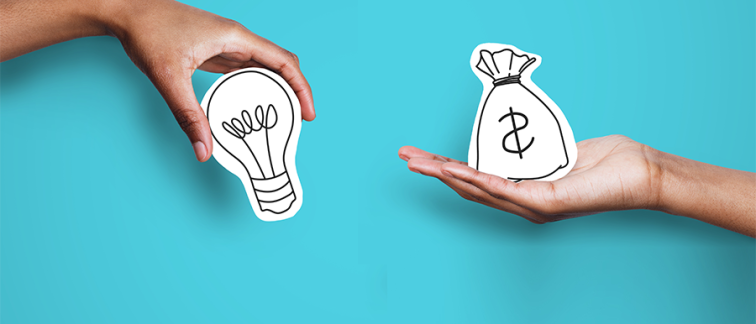SLEEP DEEP treatment for PTSD
First, psychiatrist and neuroscientist Dr. Hein van Marle, together with colleagues of Amsterdam UMC and University of Amsterdam (UvA), receives a 600.000 euros grant. This grant is awarded to the innovative SLEEP DEEP project. This project aims to translate a new technique to deepen sleep and strengthen memory consolidation into a clinical treatment strategy for post-traumatic stress disorder (PTSD). Van Marle works as a trauma-focused psychiatrist at ARQ National Psychotrauma centre and GGZ inGeest. He is affiliated to the department of Psychiatry of Amsterdam UMC as a Principal Investigator.
PTSD is a common and severely disabling psychiatric disorder in which traumatic memories result in flashbacks and nightmares. Nearly half of patients do not respond optimally to standard psychotherapy. Sleep represents a unique time-window to increase treatment effects based on its essential role in the processing of (traumatic) memories. Yet PTSD patients typically experience poor sleep. In the project, the researchers will apply a novel technique using EEG-guided acoustic stimulation to deepen sleep after standard psychotherapy. This is hypothesized to strengthen the storage of therapeutic memories and generally restore disturbed sleep, together resulting in stronger symptom improvement. Other project members include Prof. Odile van den Heuvel (Amsterdam UMC), Dr. Lucia Talamini (UvA) en Prof. Miranda Olff (Amsterdam UMC).
Brain stimulation to inhibit Alzheimer’s disease
Second, a study (the TMSLA project) by Dr. Willem de Haan is 50/50 funded by the Dutch Brain Foundation and Alzheimer Nederland. De Haan is a cognitive neurologist that works at the Alzheimer Center of Amsterdam. With the grant of 600.000 euros he will dive into the opportunities of transcranial magnetic stimulation (TMS) in people with Alzheimer’s disease.
People suffering with Alzheimer's disease would like to remain independent as long as possible, however their increasing cognitive problems make this difficult. Current treatments do not help enough yet, so there is a demand for better solutions. TMS involves adjusting the activity of brain regions from the outside, restoring interconnections and try to improve their functions. A previous study showed that TMS delays Alzheimer's disease and can even temporarily improve cognitive function, without notable side effects. This result now needs independent replication and further study into the underlying therapeutic mechanism. The Alzheimer Center, in collaboration with TMS-experts prof. dr. Odile van her Heuvel (psychiatry) and prof. dr. Ysbrand van der Werf (neuroanatomy), as well as prof. dr. Kees Stam (clinical neurophysiology), has all the necessary expertise to carry out this important step toward a potential new treatment.
More information can be found on the website of Dutch Brain Foundation (in Dutch).

